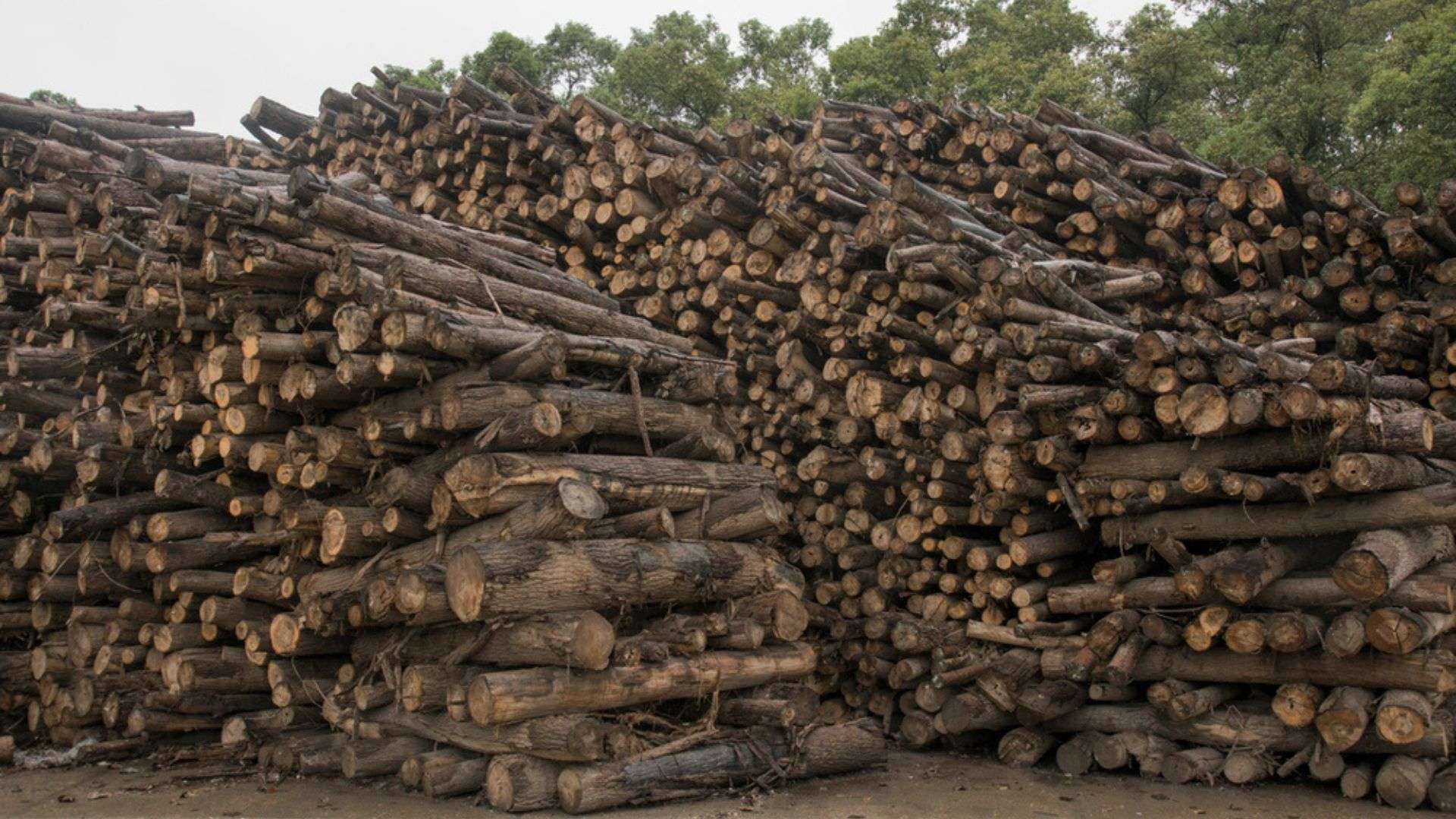Forests are vital to all life on Earth. They filter the water we drink and the air we breathe. They provide essential medicines, food, and shelter for about 750 million people who live in forests, including 60 million Indigenous peoples. They provide habitat for nearly three-quarters of the world’s life on land. And forests provide the materials for products we use every day—such as paper in schools and offices; furniture and flooring in houses; musical instruments; rayon fabric in clothes; and even natural rubber in car tires.
But many people don’t realize the choices they make about which forest products to buy matter. In fact, these decisions can make a real difference in keeping some of the world’s most important forests thriving—at home and abroad—for nature, local communities, and our global climate.
Importance of Forest Products
The forest sector contributed more than US$1.52 trillion to the world’s national economies in 2015, generating significant revenues for countries and companies—as well as communities. The global pulp and paper industry is one of the largest industrial sectors in the world. This sector accounts for 13%–15% of total wood consumption and uses between 33%–40% of all industrial wood traded globally. Some common pulp and paper products include office and catalog paper, glossy paper, tissue, and paper-based packaging. The United States is the second-largest paper producer and consumer country in the world after China.

© Theodore Kaye / WWF-China
Other key forest products sectors include wood products used for construction lumber, furniture, flooring, and decking; products that come from trees, like natural rubber; and other uses of wood such as pellets for bioenergy.
Unfortunately, some forest products operations have had devastating impacts on the world’s most ecologically important places and species. Illegal and unsustainable logging and conversion of forests for fast-growing timber plantations have destroyed high conservation value forests around the globe, impacting water quantity and quality and causing significant human rights violations and social conflicts. These issues are particularly severe in regions with a history of poor forest governance, including the Congo Basin, the Amazon, the Greater Mekong, Borneo and Sumatra, and the Russian Far East.
Deforestation and forest degradation contribute up to 15% of carbon emissions globally, and their climate impacts can be particularly serious in regions with deep peatlands, such as Sumatra. Peat soils store tremendous amounts of carbon that are released into the atmosphere when natural forests are converted for commodities like pulp and rubber.

© Andre Dib / WWF-Brazil
Given the global nature of the forest products trade, illegal and unsustainably sourced forest products from these regions can reach markets—and unsuspecting customers—all over the world. Even in countries with relatively better forest laws and law enforcement, there are still instances of timber theft and unsustainable practices that make forests more vulnerable to stresses like wildfires, disease, and invasive species.
The good news is that when forests are managed in a socially and environmentally responsible way, it can bring many benefits to local economies while safeguarding biodiversity and natural resources like water; mitigating the effects of climate change; and promoting social values. An increasing number of forest managers and forest products companies recognize the business and brand value of employing responsible forestry and plantation management practices by implementing the rigorous standards of the Forest Stewardship Council® (FSC®).
US consumers can also play a key role in supporting responsible forestry by choosing products that are recycled or made with virgin fiber that is FSC certified. (You can find products certified to the FSC standard here).

© Isaac VEGA / WWF-Spain
What WWF Is Doing to Support Forests
World Wildlife Fund (WWF) works through its Forests Forward program to engage with companies and other stakeholders around the globe to deliver effective nature-based strategies for forests that help achieve their business and sustainability goals.
Forests Forward combines the successes and learnings of WWF’s decades of engagement with companies through its Global Forest & Trade Network while harnessing business interest in advancing nature-based solutions to deliver meaningful, long-term benefits for nature, climate, and people.
These efforts demonstrate the immense need for us all to think about how our everyday actions have consequences for the environment and the species (including humans) that call our planet home. The results are clear: Market demand in the US for responsibly sourced forest products can influence and improve forest management practices all over the world. Working together, we can all be part of the solution and make a positive impact on communities and habitats—around the corner and the globe.
What Can You Do?
In addition to buying FSC-certified and recycled products, there are lots of ways consumers can help protect forests. This includes recycling paper and paper-based packaging, printing double-sided, shopping for used furniture, and getting involved with organizations working to protect forests around the globe. And if you live in the US, you can ask your congressional representatives to support the FOREST Act by going to our website worldwildlife.org and clicking “Take Action” at the bottom of the page. By doing so, you can help prevent illegally deforested products from entering US markets.
By Linda Walker, senior director of corporate engagement for forests at World Wildlife Fund

